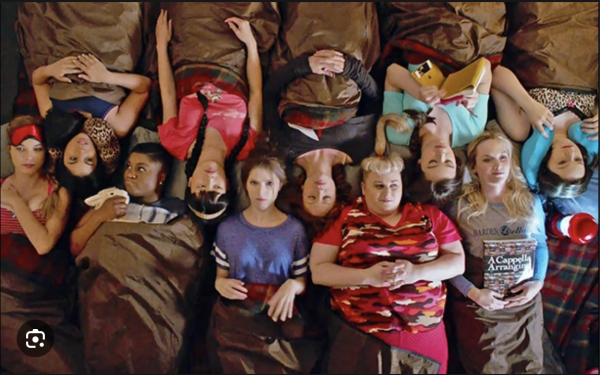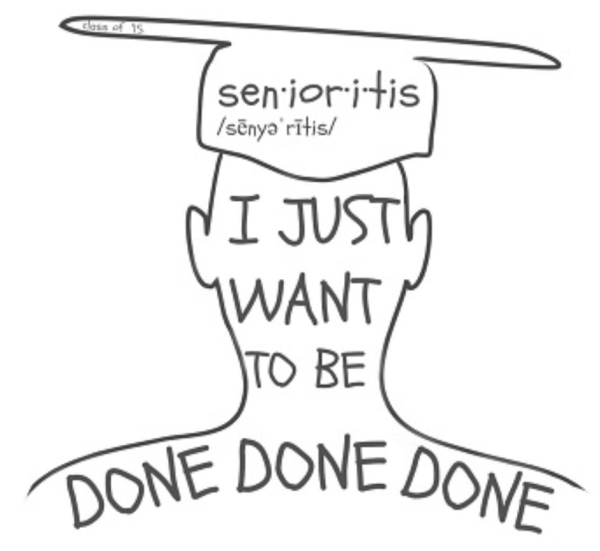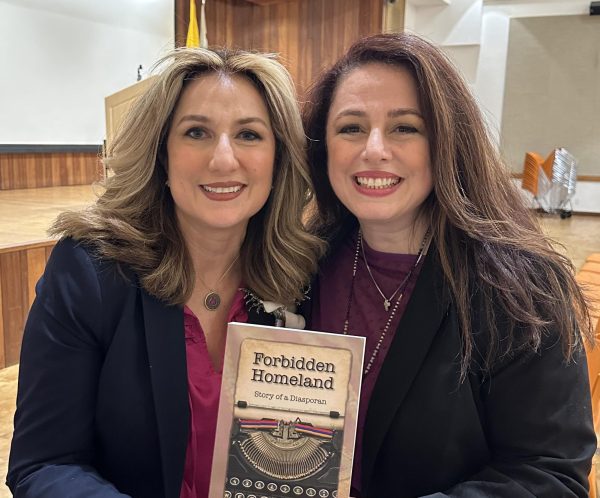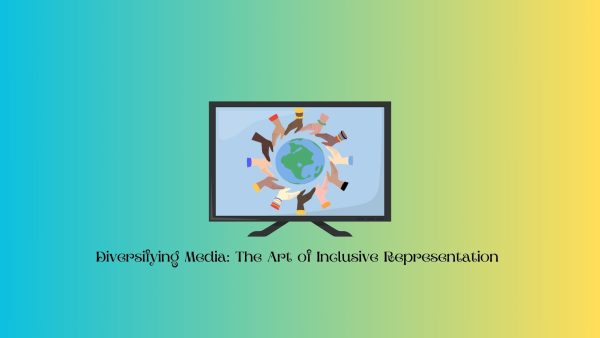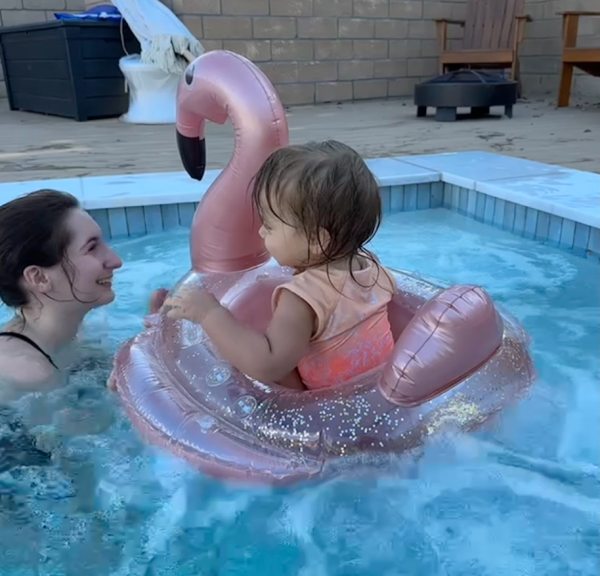Snowflake Syndrome
“Snowflake syndrome” has grown to affect the majority of Millennials and Generation Z’ers.
March 15, 2022
“When did everybody get so sensitive?” You’ve heard your grandfather raise this proposition after getting scolded by his wife for making a particularly provocative joke. You’ve heard teenagers ramble on about this during a school-sponsored anti-bullying assembly. You’ve heard businessmen and women complain about this after enduring a sexual harassment or racial discrimination in the workplace seminar.
The truth is, as a society, we have grown softer. In an era where social standards and political correctness are seemingly interchangeable, watching what you say is among the chief practices of everyday life. Everyone In the United States, and the entire world for that matter, now walks on eggshells in daily declarations. A self-imposed filter has been placed upon the mouths of Americans, and any speech that could be considered hurtful has become an unspoken taboo in our society. This overt attempt to speak innocuously has slowly created a society that steers clear of any offensive sayings and towards harmless small talk. Alexandra Herrada (11) has noticed this shift at school, citing that there is “a specific way that everyone talks to each other nowadays.”
When considering the merits of this phenomenon, it is important to trace its origins. I spent days researching this so-called “snowflake syndrome,” and the overwhelming majority of sources pointed me in the direction of a generational divide. See, the majority of complaints regarding the softening of society comes from members of the Baby Boomer generation, or the current 57+ crowd. A group that grew up in an era where free speech was all the rage, it’s natural that they would have some reservations regarding a change in national vernacular.
If it’s not the Baby Boomer generation, then who’s responsible? Well, in the years after the Baby Boomer generation of parents, there was a shift in parenting style. Generation X, the current 40 and 50-year-olds of the world, began having children, and the parental reins loosened in the area of discipline. This generation of parents transformed into what we now refer to as helicopter parents, parents who attempt to be overly involved in the life of their children. The children of these helicopter parents tend to be “ the victims of being coddled, babied, pampered, misled, misguided, and under-educated” (forbes.com). Moreover, these parents want to teach their children how to be the best versions of themselves as possible, so they “try to instill social awareness and empathy in their kids” to an extreme extent (airesone.com). As a result of the overbearing nature of helicopter parents, their children, younger millennials, and children of Generation z, are openly referred to as the “participation-trophy-generation”.
Now that we’ve established the origins of the softening of Americans, we must consider its effect. The consequences of such speech repression expand far beyond everyday discussion. To change the way one talks is to change the way one thinks. In the early 20th century, American psychologist Edward Sapir and his pupil Benjamin Lee Whorf studied this connection, which led to their famous theory – the linguistic relativity hypothesis. According to their findings, language shapes the way that people in a specific culture perceive and understand the world. In layman’s terms, if someone were to filter their everyday language, over time, that filter would grow to affect how they think, feel, and comprehend the world around them.
To put it simply, Americans are losing their edge. These “snowflakes” were taught to put feelings over facts and to value their emotional insight over their intellect. This shortcoming has stretched far beyond small talk, and its tracings can be seen in the decline of the intellectual capacity of young people. This problem was exacerbated by the COVID-19 pandemic. “Grace” became an excuse for every educational deficiency. In order to preserve the feelings of students, their academic failures have been excused by “grace.” While some students required exemption for obvious necessity, even those who did not were given free handouts, and therefore, lowered the bar for their academic success.
Americans used to be at the forefront of innovative advancement. Americans were responsible for the creation of the first airplane, the atom bomb, the Marshall Plan, and the first man to the moon. Now, however, American innovation extends only as far as the newest iPhone and the fanciest Bluetooth headset. Between the two versions of American innovation, there is one clear divide – the Americans of the past focused on national advancement, while the Americans of the present focused on feelings of pleasure.
That’s not to say that there are no clear benefits of this social change. Americans are now more aware of mental health issues, and they are ready to tackle them head-on. Although that awareness is in no way eliminating the presence of mental illness, awareness is the first step, and you can’t say that Americans are lacking in that department.
Is there a solution to this problem? It’s hard to say. Combatting this issue could open the door to hateful speech and discriminatin to a nation that’s hyper-focused on political correctness. However, if we keep the filtering up at this rate, American grit, ingenuity, and leadership in the face of adversity will steadily waver. There’s no clean-cut solution to this issue, but hopefully, this flaw will fix itself out in the years to come. For me, it starts with recognition that we should not so freely hand out participation awards to spare the feelings of the masses. As my dear father says, “without losers, there can be no winners.”














